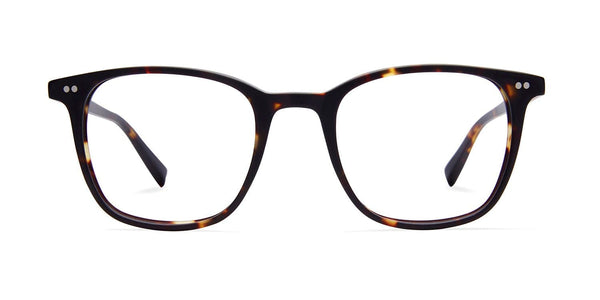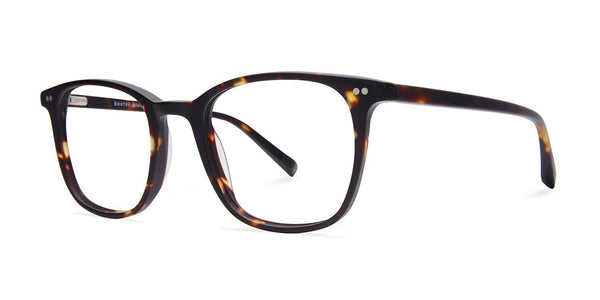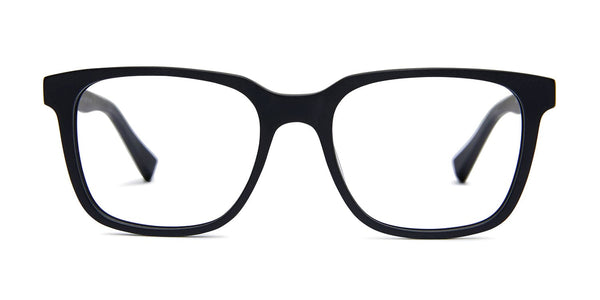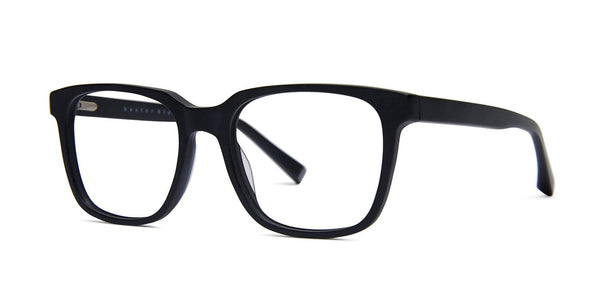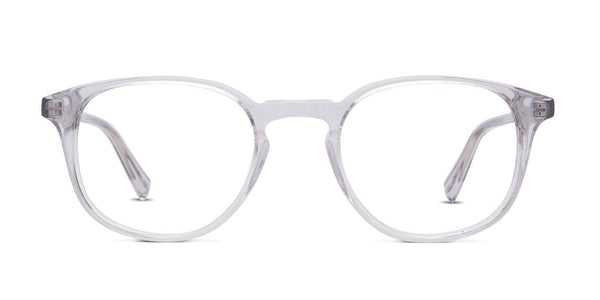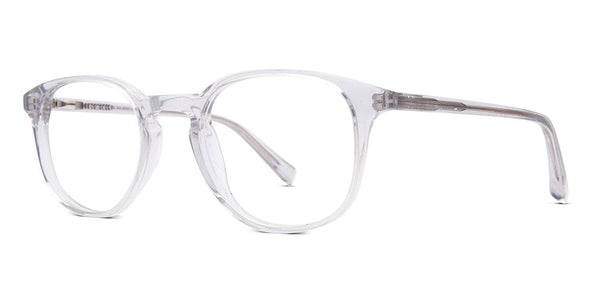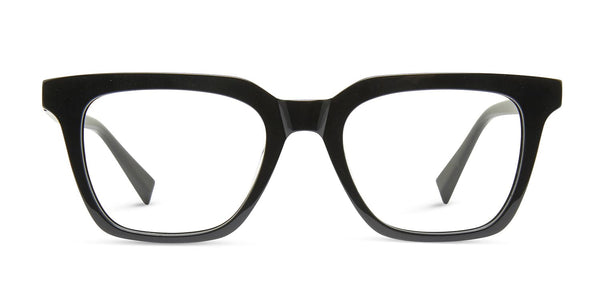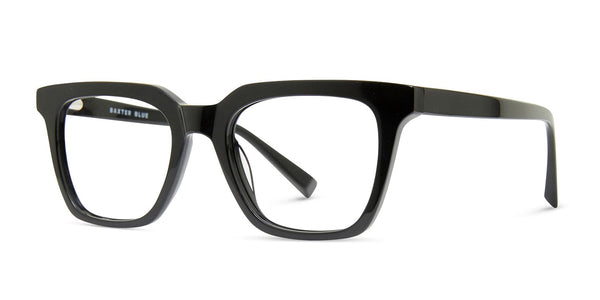

Do blue light glasses have a yellow tint?
Living in an ever increasingly digital age, you’ve probably heard of the term blue light and the negative effects it can have on our overall health. With digital devices so heavily ingrained in our daily routines, we are often overexposed to blue light emitted from our screens, and without even realising it, we are making ourselves vulnerable to digital eye strain and accompanying issues.
Over the past few years blue light glasses have become a very hot topic, with society taking digital wellbeing into their own hands and ensuring that their digital consumption is done in a healthy and protected manner.
What is blue light?
To put it simply, blue light is a short, high-energy wavelength in the visible light spectrum. This electromagnetic spectrum is made up of wavelengths of varying lengths, seen as colours by the human eye. Every wavelength is represented by a different colour: violet, indigo, green, yellow, orange, red or blue.
Blue light is the highest frequency visible to the human eye. It is positioned at the top of the light spectrum and is very close to Ultraviolet light – well known for causing damage.
How do blue light glasses work?
It’s important to note, blue light in its natural form isn’t necessarily a bad thing. Blue light is natural and can be found everywhere, with sunlight being the main source of exposure. Blue light has the ability to naturally boost attention, supports your memory, increases your reaction times and lifts your mood. However, the problem lies when we are overexposed to artificial blue light due to our high consumption of digital devices.
Blue light glasses are designed with a blue light filtering pigment embedded into the lenses, filtering out some of the highest energy wavelengths known to cause digital-eye strain. There are various percentages of filtration, so it’s important to read the fine print when finding the right pair for you.

Do all blue light glasses have a yellow tint?
One big question that is commonly asked is whether all blue light glasses have a yellow tint. The simple answer is, no. However, this is all dependent on your own unique digital requirements.
Depending on what kind of protection you’re after and how you use your digital devices, the colour of your lenses may vary, with everything from clear, to yellow and orange lenses found on the market. Making this decision will depend on your personal digital use. It’s important to consider things like the time of day you consume your content, plus the amount of time and type of protection you require.
For day time use, Baxter Blue has a range of clear lens blue light glasses that filter out the high energy blue light and are designed to alleviate the symptoms of digital eye strain and reduce glare completely, resulting in better contrast, crisper visuals, and more enjoyable digital optics. Their Blue+ ™ technology goes deeper than competitors where the blue light filter is not a surface layer or coating with the blue light pigment technology embedded right into the lens, filtering out as much as 80% of the highest energy wavelengths known to cause digital-eye-strain. This blue light filtering pigment gives the lenses a very slight yellow tinge.
For evening use Baxter Blue have a range of sleep glasses that filter out more blue light. These glasses are designed to be worn when the sun goes down with their amber Blue+™ sleep lenses specifically developed to filter out the 450-500nm blue-light wavelengths that impact the release of melatonin - and subsequently, a good night’s sleep! These are good for anyone who finds themselves using their screen throughout the evening, particularly for gaming.
If you want the next level of protection, you may want to look into investing in a pair of orange or amber tinted glasses. Like yellow tinted glasses, these are good for anyone who finds themselves using their screen throughout the evening, particularly for gaming. Orange and amber tinted glasses tend to block out 100% of blue light from your screen, and in some cases are classified as “blue light blocking glasses”.
Picking the perfect pair of blue light glasses is a very personal choice and depends on when you plan on wearing your blue light glasses. It’s always a good idea to speak to the company you are purchasing from if you are unsure and ask what options they have for your circumstances.


